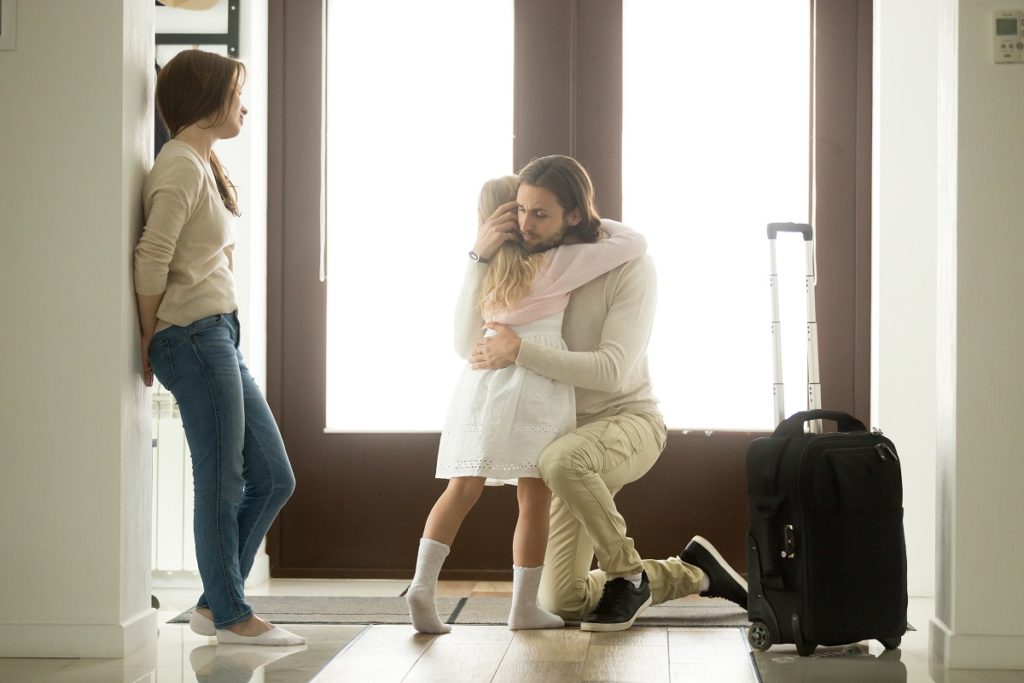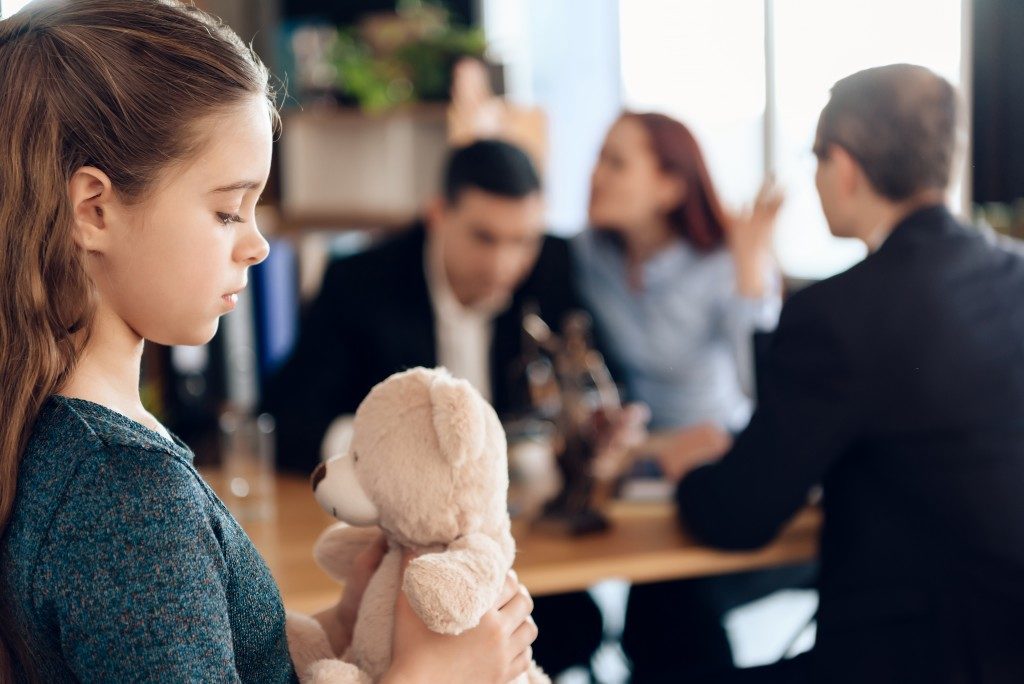No matter how young children are, as long as they’re still dependent, their parents’ divorce will be overwhelming for them. They’d be overwhelmed with feelings of anger, guilt, and sorrow. They may even blame themselves for what happened. If they’re still toddlers, the changes in their routine may disorient them, stressing them out at a very young age. No parent would want their child to feel emotionally troubled, so your constant reassurance, guidance, and love for them are highly crucial as you go through a divorce.
To make your divorce proceedings as amicable as possible, the aid of an experienced divorce lawyer in Long Island and other cities is essential. The less chaotic your divorce process is, the more emotionally available you’d be to console your kid. That said, here’s how to help them cope with your divorce and heal afterwards.
Before the Divorce

Before you or your spouse files a divorce, you are likely fighting often. If an argument threatens to occur, discuss it privately. Don’t let them hear you fighting about your issues. If the divorce has been filed, keep the discussions away from your kid.
If you need to vent out your anger, turn to your friends, to a therapist, or to a trusted family member. Never lash out on your kids or spread negative energy around your home. Take care of your child like the usual, and make sure your spouse remains there for your kid as well, even if you’re not in good terms. At a young and sensitive age, kids will need both of their parents.
This would be no easy way to break the news of divorce to your child, but they deserve to know and understand what’s been going on. If possible, have your spouse join you as you talk to your kid. They don’t need to know the reasons for your divorce. Just reassure them that nothing is their fault and that you both love them unconditionally. Explain to them the changes they should expect in their routines and lifestyle.
Accept whatever reaction they may give. If they’re not very responsive at first, let them know that it’s okay. Give them time to process the news. Expect adolescents or teens to try to act normal, but confide in their friends. Just be honest to them and answer all their questions as truthfully as possible.
If they express negative feelings, validate those emotions and encourage them to be honest. Offer your support, but remember to take care of yourself as well so that your child can always rely on you.
After the Divorce
After you and your ex part ways, adapt to your kid’s changing needs by maintaining most of their routines, especially if they’re only 0-12 years old. Level your emotions to their level of understanding, which has to do with their age. Teens, for example, may be more attached to their friends, so accept that they may want to make adjustments to their visitations schedules.
Encourage and support their relationship with your ex. If you have custody of your child, reassure them that you’re not taking them away from the other parent. Allow and encourage them to communicate with your ex.
If they’re still going through negative feelings, acknowledge and validate those emotions. Express your feelings in a healthy way, so your child will be encouraged to do the same. Turn to a therapist if you’re unsure how to deal with your child’s emotions.
Whatever happens, prioritize your child’s well-being during this difficult time. If you need emotional support, don’t lean on to your kid. Remember that they’re the ones leaning on you, so maintaining your strength is vital to your healing. Don’t forget to take care of yourself, so you can be emotionally available for your child at all times.
